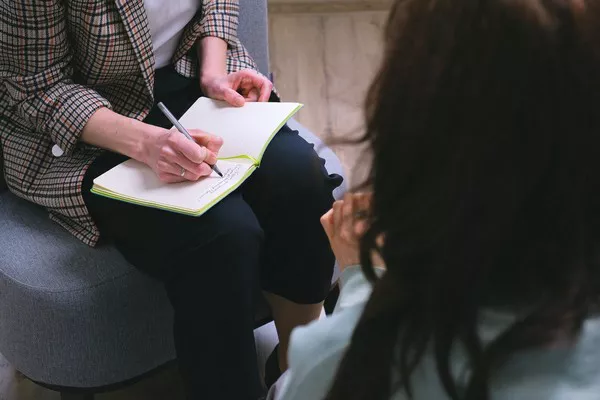A groundbreaking app has recently been launched, aiming to foster connections between peer mentees and mentors while prioritizing mental health resources. Developed by ReachU founder Dylan Bassett, the application is making waves at the University of South Dakota and South Dakota State University. Photojournalist Sam Tastad caught up with Bassett to gain insights into the app’s implementation.
Reflecting on his own collegiate experience, Bassett shared, “When I was in school, I had friends that struggled, peers that struggled, and I struggled a bit myself. I didn’t see a great way to address it.”
Catherine Orban, a graduate student at the University of South Dakota, expressed her own struggles with anxiety and depression during her undergraduate years. She emphasized the app’s potential impact, stating, “It makes me feel empowered knowing I am able to empathize with students from their experiences and encourage them to pick themselves up based on their own skills and strengths.”
Lost and Found community and prevention advisor Christina Johnson praised the app, highlighting its broader utility. “This is definitely something that even if I wasn’t a mentor would still be beneficial because I would be able to find more resources on campus,” Orban added.
Lost and Found Executive Director Erik Muckey emphasized the significance of equipping individuals with actionable skills. “The ability for us to not just know about the problem but have skills and tools to actually do something about it, not everyone is going to be a counselor. But everybody can be a listening ear to their friend,” he remarked.
The app’s mentors, comprised of upperclassmen volunteering their time, offer guidance to students seeking support, particularly in the realm of mental health. Johnson explained, “Resources we are hoping to provide in the app are going to deal with resilience, self-care, boundaries, but most importantly give them options to pick themselves up again.”
Expressing the potential impact of the app, Orban shared, “If I would have had something like Lost and Found, it would have been so helpful to know that I have no idea what is going on, but I have somebody that is willing to help me through it.”
Johnson highlighted the importance of student involvement in the app’s development, stating, “If it’s for the students, it should be by the students. So getting that feedback in real time while we are still in the developing process is going to be that much more beneficial.”
Orban echoed this sentiment, expressing hope for a positive ripple effect. “Hopefully it becomes a domino effect. We all struggle. Everyone struggles at one point or another, and it’s nothing to be ashamed of.”
Orban reflected on the transformative nature of the app, noting the increased awareness and accessibility of support services. “There wasn’t even much of an outlet for someone to notice that I wasn’t showing up to classes. Since I’ve come back to school, it’s been a completely different experience because I do now know I am having trouble with feeling energized about school, so I should probably look into what resources are available or I should make an appointment at the student counseling center,” she shared.
Bassett concluded with a vision for the app, stating, “It really gives students access to something I missed or my co-founders missed or someone just didn’t know about that could have made a difference.”
Orban summarized the collective ethos behind the initiative, stating, “I am thinking of who did I need back then and how can I be that person now.”



























